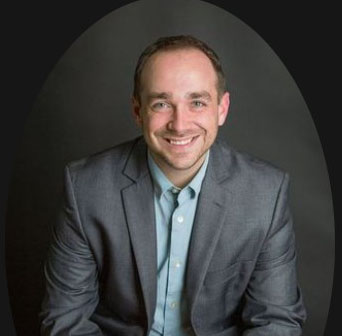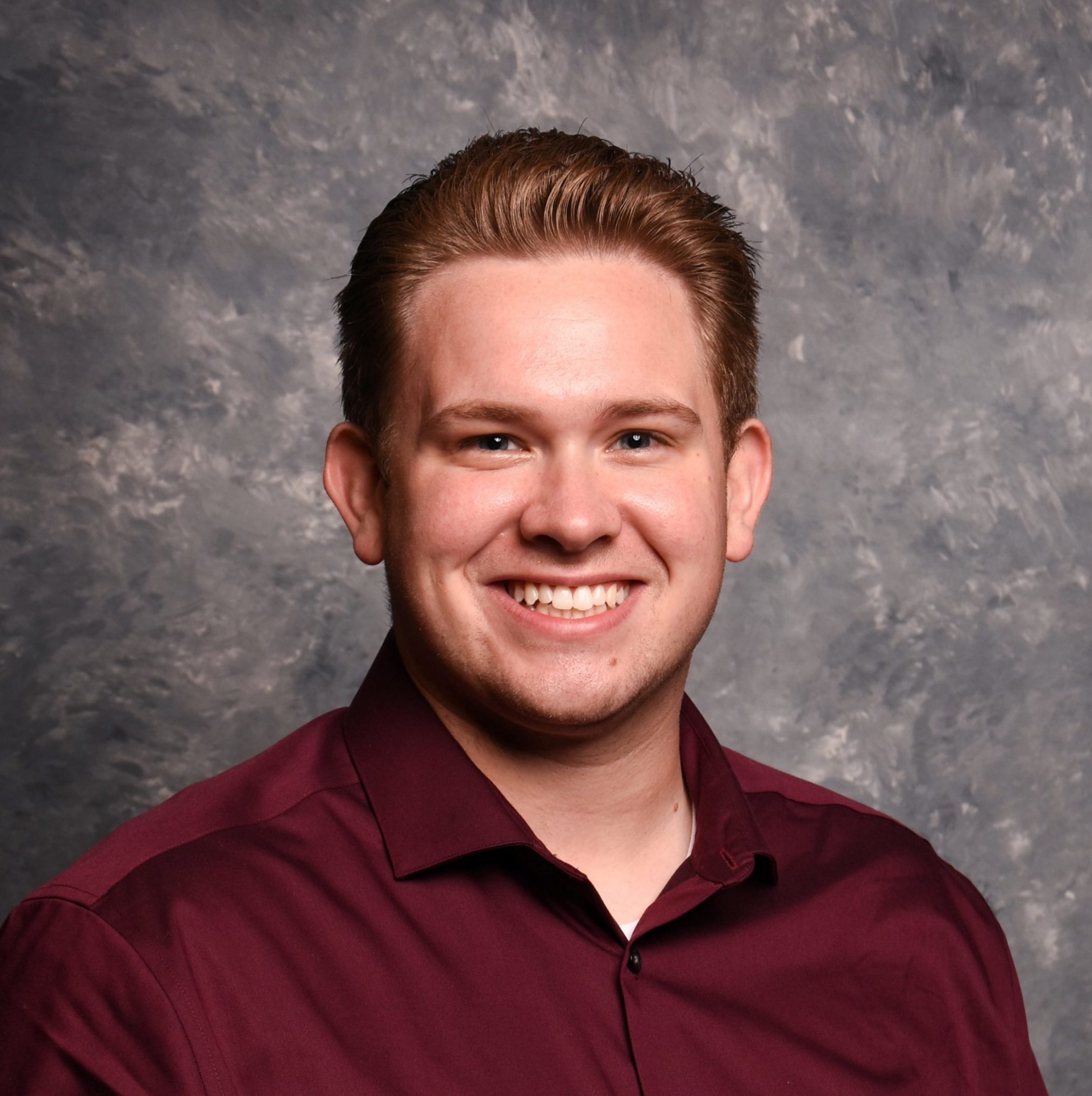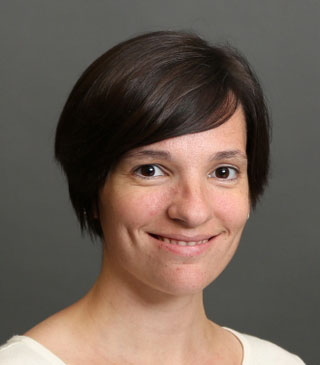McCauley blends creativity, writing in successful litigation practice
By: MaryBeth Matzek, Special to the Wisconsin Law Journal//June 21, 2017//
McCauley blends creativity, writing in successful litigation practice
By: MaryBeth Matzek, Special to the Wisconsin Law Journal//June 21, 2017//

John McCauley always had a strong interest in reading and writing – even when he worked in finance before starting law school.
“It was always my plan to get some good experience in business before going to law school,” said McCauley, an attorney at Hansen Reynolds in Madison. “When I started law school, I anticipated teaching, but I stumbled into litigation.”
McCauley’s broad practice at Hansen Reynolds includes complex commercial, intellectual property and appellate litigation, working for both defendants and plaintiffs.
“I enjoy covering a broad spectrum of commercial litigation,” he said. “Litigation allows me to be more creative, plus it is more fun. I did some corporate law early on in my career and a six-hour conference call was not for me.”
McCauley views putting together a legal brief like writing a story, but “then you jump into the analytical mode and explain your client’s side of it. You have to work both types together so it flows,” he said. “There are two different writing styles at play and you need to make it cohesive.”
The variety inherent in his practice means no two days are the same. One day might find McCauley researching and talking to an expert as part of the discovery process. Another he might spend working on a deposition.
“I also spend a fair amount of time on e-discovery,” he said. “More and more, e-discovery is playing a larger role in case.”
McCauley said litigators need to be studious, but also be a “people person.”
“Litigation constantly keeps you on your feet,” he said. “There is always something different and you have to be ready for the unexpected. You have to be ready for complex cases.”
After working for large firms in Pennsylvania and Ohio, McCauley served as a clerk for the Honorable Michael S. Kanne on the 7th Circuit Court of Appeals. By then, he had come to the conclusion that a smaller litigation firm would be a better fit and joined Hansen Reynolds in 2015.
“In a smaller, boutique litigation firm you can be more creative and innovative with what you do,” he said. “I enjoy trying to take a big mess and making it clear.”
Wisconsin Law Journal: What makes your work important to you?
John McCauley: The law is the same thing as in any profession, you want to use your skills, ability and training to help other people. That’s what we do as lawyers. People run into disputes in their businesses or personal lives. People run up against ambiguities in the law, uncertainties in the law and difficult people, and they need people to help them solve their problems. As lawyers, we use our skills and some creative skills to help businesses solve their problems. Our system depends on litigation to clarify what the law says and we as litigators play a role in making the law clearer and ideally fairer.
Frequently, what gives my work value, is that I see the impact my work has on my clients. I can help businesses solve their problems. We are helping people and frequently that’s apparent in our jobs and very gratifying.
WLJ: Who is your legal hero?
McCauley: Hero is a big word. Not sure about heroes, but I have a lot of role models. One of my role models is Judge Michael S. Kanne, who I worked for as a clerk for a year. He was a great role model and mentor and taught me a lot about how to approach cases and how they get decided. He was also a good man. He helped me think about your case on two levels: What’s fair and the more technical and strictly the legal side of it.
WLJ: What do you do outside of work to deal with stress from the office?
McCauley: I try to read when I can. My main stress relief is spending time with my family – wife and three kids and getting outside as much as we can.
WLJ: What do people get wrong about what you do?
McCauley: People somewhat justifiably think that lawyers and litigators are not productive at solving problems and that they just want to get a lot of billable hours. But a lot of lawyers, and I think of myself as that way, we want to help people solve their problems efficiently. We want to use our talents to help people solve their problems.
WLJ: What’s your favorite memory from law school?
McCauley: My wife and I went to the same law school, the University of Pennsylvania. She was a year ahead of me. Penn had a tradition that if your spouse or another family member graduated from the law school, he or she could hand you your diploma. My wife was able to hand me my diploma, and that’s something I won’t forget.
WLJ: Is there a certain case that stands out to you?
McCauley: My coming-of-age case – a long, contested federal case in several jurisdictions – that was about four or five years in. It was the first case where I took a leading role. I had a consultant, who helped a medical-device inventor and would get a share of the patent-licensing royalties. The client then stopped paying him. It was both a contract and patent case in federal court that went on for several years. After being through all of that, the client became a friend of mine. It also stands out since the firm took the case on contingency, which did not happen very much. It opened my eyes to some of the different ways cases can be handled.
Legal News
- Wisconsin joins Feds, dozens of states to hold airlines accountable for bad behavior
- Trump ahead of Biden in new Marquette poll
- Bankruptcy court approves Milwaukee Mariott Downtown ‘business as usual’ motion
- New Crime Gun Intelligence Center to launch in Chicago
- Arrest warrant issued for Minocqua Brewing owner who filed Lawsuit against Town of Minocqua
- Wisconsin Supreme Court justices question how much power Legislature should have
- Milwaukee’s Common Council now has the most African Americans, women and openly LGBTQ members ever
- Office of School Safety Provides Behavioral and Threat Assessment Management Training Ahead of 25th Anniversary of Columbine Shooting
- Wisconsin Supreme Court to hear arguments in Democratic governor’s suit against GOP-led Legislature
- Lawsuit asks Wisconsin Supreme Court to strike down governor’s 400-year veto
- Wisconsin man pleads not guilty to neglect in disappearance of boy
- ACS Selects University of Wisconsin Law School’s Miriam Seifter for 2024 Ruth Bader Ginsburg Scholar Award
WLJ People
- Power 30 Personal Injury Attorneys – Russell Nicolet
- Power 30 Personal Injury Attorneys – Benjamin Nicolet
- Power 30 Personal Injury Attorneys – Dustin T. Woehl
- Power 30 Personal Injury Attorneys – Katherine Metzger
- Power 30 Personal Injury Attorneys – Joseph Ryan
- Power 30 Personal Injury Attorneys – James M. Ryan
- Power 30 Personal Injury Attorneys – Dana Wachs
- Power 30 Personal Injury Attorneys – Mark L. Thomsen
- Power 30 Personal Injury Attorneys – Matthew Lein
- Power 30 Personal Injury Attorneys – Jeffrey A. Pitman
- Power 30 Personal Injury Attorneys – William Pemberton
- Power 30 Personal Injury Attorneys – Howard S. Sicula











